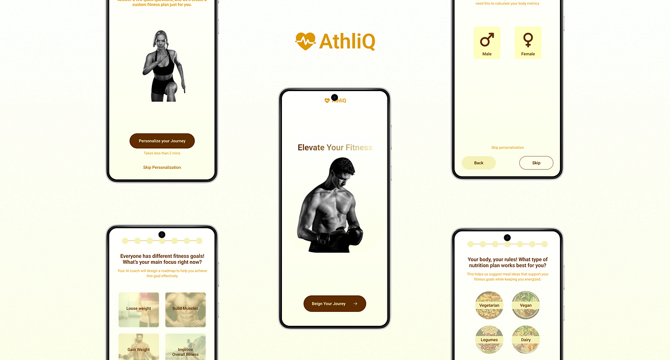Medium
1d
115

Image Credit: Medium
From Drop-offs to Engagement: Rethinking Onboarding for an AI-Powered Fitness Experience
- The onboarding process for an AI-powered fitness experience required a lot of initial inputs to curate a personalized plan for users.
- The onboarding flow was designed with intentional framing of questions to feel inviting and rewarding, making users excited about shaping their fitness journey.
- Transparency in explaining how user input contributes to their fitness plan builds trust and reinforces the meaningful impact of responses.
- A brief pause introduced after each section maintains efficiency while adding value and anticipation to the personalized journey creation.
- Nudges at key checkpoints gently remind users of unfinished sections, leveraging the Zeigarnik Effect to encourage completion for better data accuracy.
- Visual variety in interactions reduces cognitive fatigue during onboarding, keeping users engaged and motivated for better user conversion and retention.
- The Skip button empowers users to proceed without pressure in case of uncertainty, ensuring a smooth onboarding journey.
- Users have the option to skip the entire onboarding process, but strategic design choices prioritize personalization while maintaining a seamless experience.
- Component system and prototyping aided in streamlining the design process and validating decisions for creating a personalized fitness experience.
- Innovative features like AI personalization, gamification, cross-platform compatibility, and community building enhance user engagement and usability.
- User-centric design, design systems, iterative approach, adaptation, time management, and continuous learning were highlighted as key factors for successful product design and development.
Read Full Article
6 Likes
For uninterrupted reading, download the app